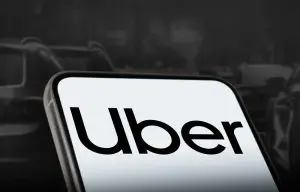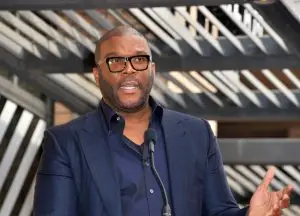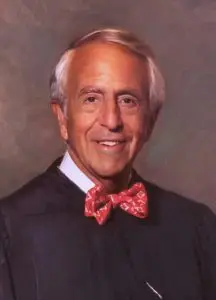The Ninth Circuit Court of Appeals has denied Uber’s petition for a writ of mandamus, rejecting the company’s attempt to dismantle hundreds of Uber sexual assault cases consolidated in Multidistrict Litigation (MDL 3084). The court upheld the Judicial Panel on Multidistrict Litigation’s (JPML) decision to centralize the cases in the Northern District of California, ruling that Uber failed to show any legal error or abuse of discretion in the JPML’s consolidation order.
Uber had argued that its terms of service—including a collective action waiver—should prevent riders from filing lawsuits together. However, the Ninth Circuit firmly rejected this, stating that private agreements cannot override the federal court’s authority under 28 U.S.C. § 1407, which allows for consolidation when cases share common factual questions.
Uber’s Legal Strategy Falls Flat
Uber’s legal challenge centered around two key arguments: That the JPML improperly applied the MDL statute by consolidating cases that were too factually different from each other, and that Uber’s terms of service, which include a collective action waiver, should have prevented the lawsuits from being centralized.
The court shot down both arguments, explaining that Section 1407 does not require cases to have identical facts or be provable with common evidence, unlike in a class action lawsuit. The JPML simply needed to determine whether the cases had common questions of fact, and the Ninth Circuit agreed that they did.
On the second point, Uber claimed that its collective action waiver—which passengers agree to when signing up for the app—meant riders had waived their right to file coordinated lawsuits. The Ninth Circuit ruled that such private agreements do not override the JPML’s authority, emphasizing that federal courts, not corporate contracts, decide case management under MDL procedures.
A Major Setback for Uber
This ruling is a significant loss for Uber, which has long tried to prevent survivors from pursuing collective legal action over allegations that the company failed to implement adequate safety measures to prevent sexual assaults by drivers. With this decision, the MDL will proceed in federal court, streamlining pretrial proceedings, discovery, and legal arguments for survivors who allege Uber prioritized rapid expansion over rider safety.
The ruling also sends a clear message to corporations attempting to use arbitration clauses and waivers to escape accountability—federal law grants courts the power to consolidate cases when appropriate, regardless of private agreements.
What’s Next For Uber Sexual Assault Lawsuits?
Now that the Ninth Circuit has upheld the JPML’s decision, Uber cannot force individual survivors to fight their cases separately. The MDL will continue moving forward, with pretrial proceedings, discovery, and possibly settlement negotiations ahead. As of today, approximately 1,600 cases are pending in the MDL. It’s also worth noting that Uber had also tried unsuccessfully to have the words “sexual assault” stricken from the MDL title.
For survivors, this ruling provides a stronger legal pathway to hold Uber accountable for alleged failures in background checks, safety policies, and driver monitoring.
If you or someone you know has experienced sexual assault involving an Uber driver, you may have legal options. Contact our intake team to be connected with a lawyer to explore your rights.
To learn more about Uber sexual assault litigation, visit our comprehensive Uber driver sexual assault coverage page here.




